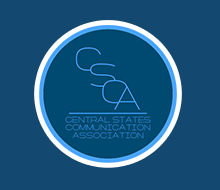Abstract
As students try to make sense of their college experience and the value of attaining a degree post-pandemic, educators are grappling with finding new methods to re-engage students in the classroom using a range of modalities. This case study explored student reactions to flipped classroom learning experiences, and possible relationship between the flipped classroom technique and academic performance in communication education. As a student-centric pedagogical method, the flipped classroom can offer a promising remedy for student disengagement, and the findings of this study provide supporting evidence for this conclusion. Students characterized flipped classroom as a very favorable learning experience as it 1) motivated and engaged them in the course, 2) encouraged them to make creative connections across course topics, 3) provided a self-paced, flexible learning environment, and 4) facilitated an authentic experience with the course material for deeper learning. Additionally, the quantitative analysis suggested that flipped classroom may have connections to students’ academic performance in a human communication and technology course. The findings are discussed within the framework of engagement theory, and pedagogical implications are advanced for future practices of flipped classroom within communication pedagogy, particularly as a tool to address increasing student disengagement after the COVID-19 pandemic.
DOI
10.31446/JCP.2023.1.02
Author ORCID Identifier
Gamze Yilmaz: 0000-0001-5252-4699
Recommended Citation
Yilmaz, G. (2023). Innovating the communication pedagogy: An application of flipped classroom technique in communication education. Journal of Communication Pedagogy, 7, 3-19. https://doi.org/10.31446/JCP.2023.1.02

